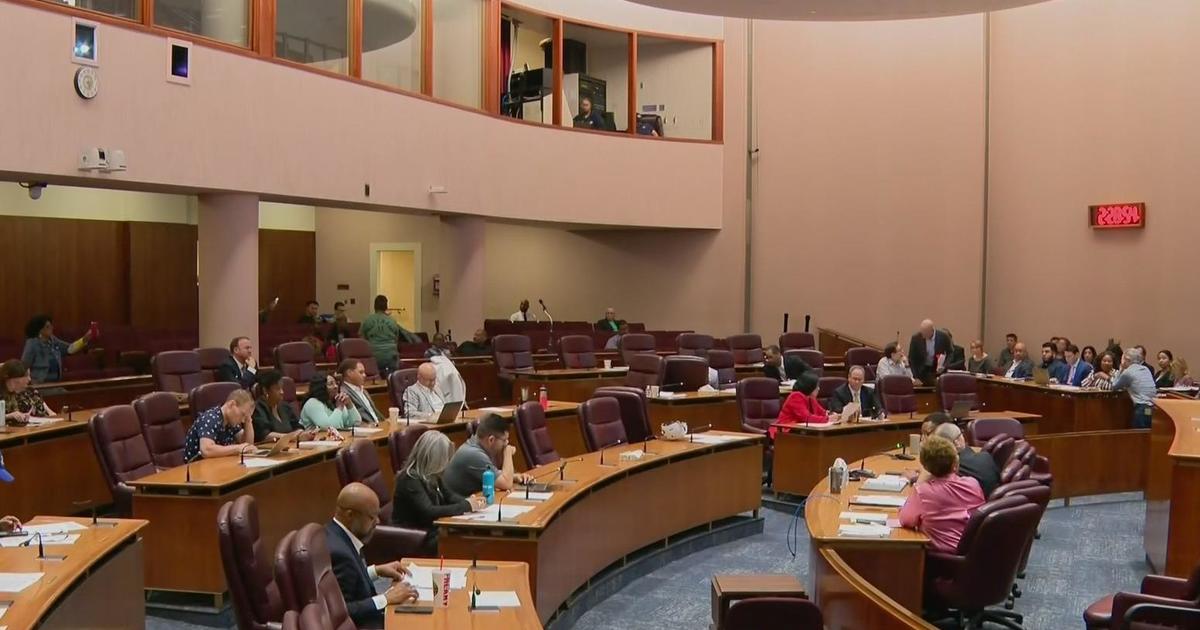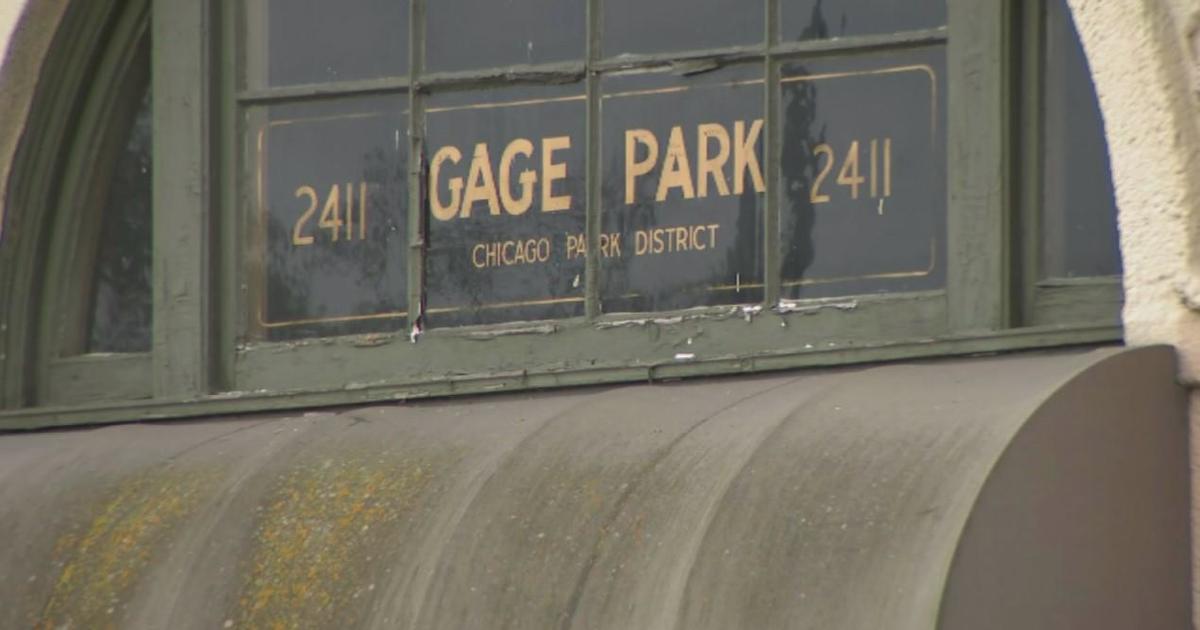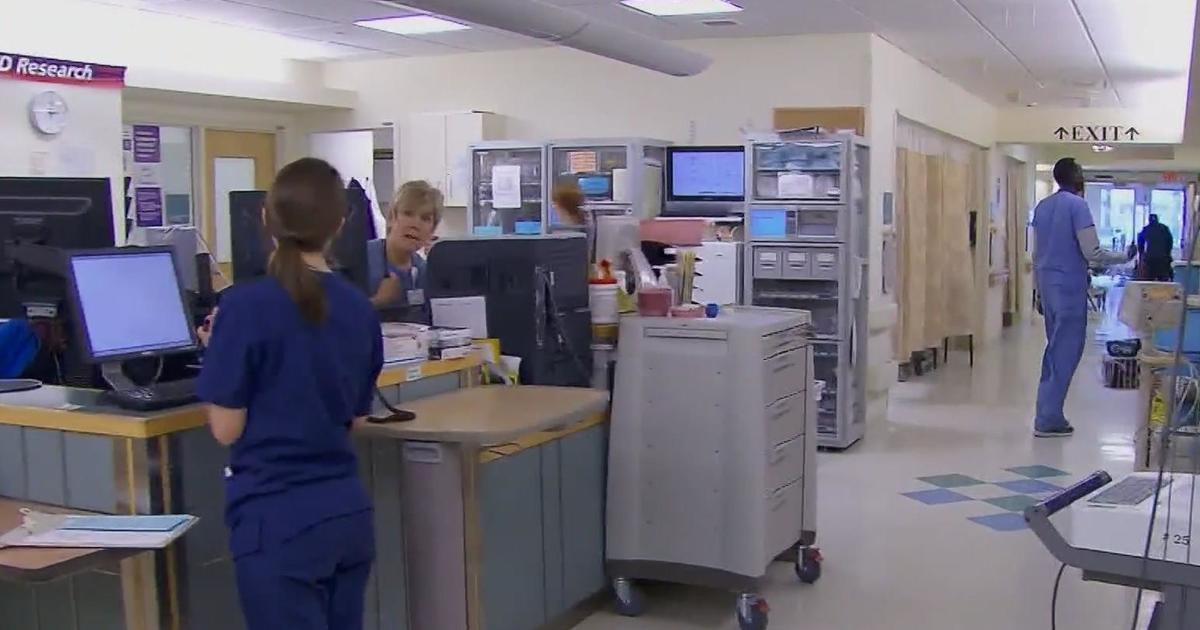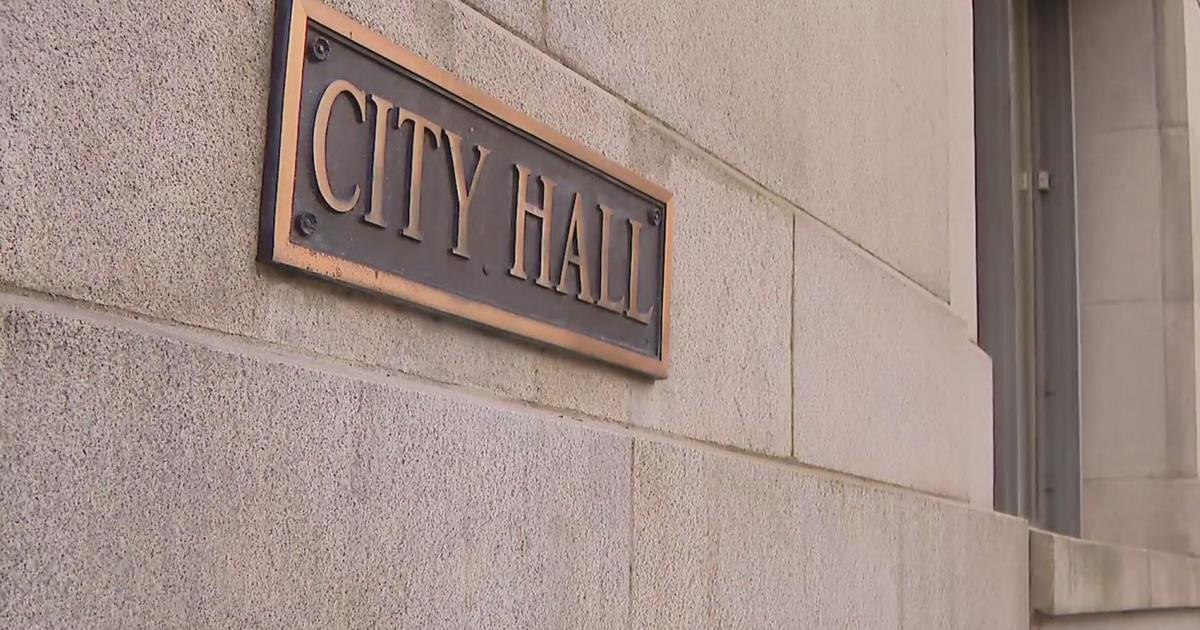Quinn Signs Legislation For Chicago Pension Overhaul
UPDATE: 3:42 p.m.
CHICAGO (CBS) -- Governor Quinn signed legislation Monday to overhaul the City of Chicago's pension system.
The pension reform plan, proposed by Mayor Rahm Emanuel and approved by lawmakers two months ago, would open the door for the city to raise property taxes by $50 million a year for five years.
In a signing statement, Quinn says he strongly opposes raising property taxes to stabilize city pension funds, but that he believes, "Officials of local government units in Illinois should determine their own fiscal and revenue policies in order to be directly accountable to their constituents."
Mayor Rahm Emanuel says he is willing to examine alternatives to an increase in property taxes.
"We've taken property taxes off the table for year one. We now have time for other people to give ideas, we're gonna find reform and efficiencies in the budget as I have for each of the past three years," Emanuel told CBS 2's Jay Levine.
Quinn Signs Legislation For Chicago Pension Overhaul
The Chicago City Council ultimately would have to vote on raising property taxes, and that's no guarantee with aldermen up for reelection next year.
One alternative to increasing property taxes would be to increase the tax it charges on cell phones and landlines to pay for its 911 emergency call center. Quinn had previously signed legislation allowing the city to increase the tax.
The phone tax could go up from $2.50-a-month to $3.90-a-month. The phone tax hike would generate $50 million a year, and allow the city to delay a vote on the mayor's property tax hike plan until after the 2015 city elections.
In April, lawmakers approved Emanuel's plan to help prop up the pension funds for city laborers and municipal workers.
Originally, the legislation would have raised property taxes in Chicago by $50 million a year for five years starting in 2016 through state law, but Emanuel agreed to remove that language from the legislation and instead allow the Chicago City Council to vote on the property tax hike, rather than forcing state lawmakers to take such a risky vote.
And workers would receive less. The annual cost-of-living adjustments would fall from 3 percent a year, compounded, to a straight benefit of half the rate of inflation, or 3 percent, whichever is less.



